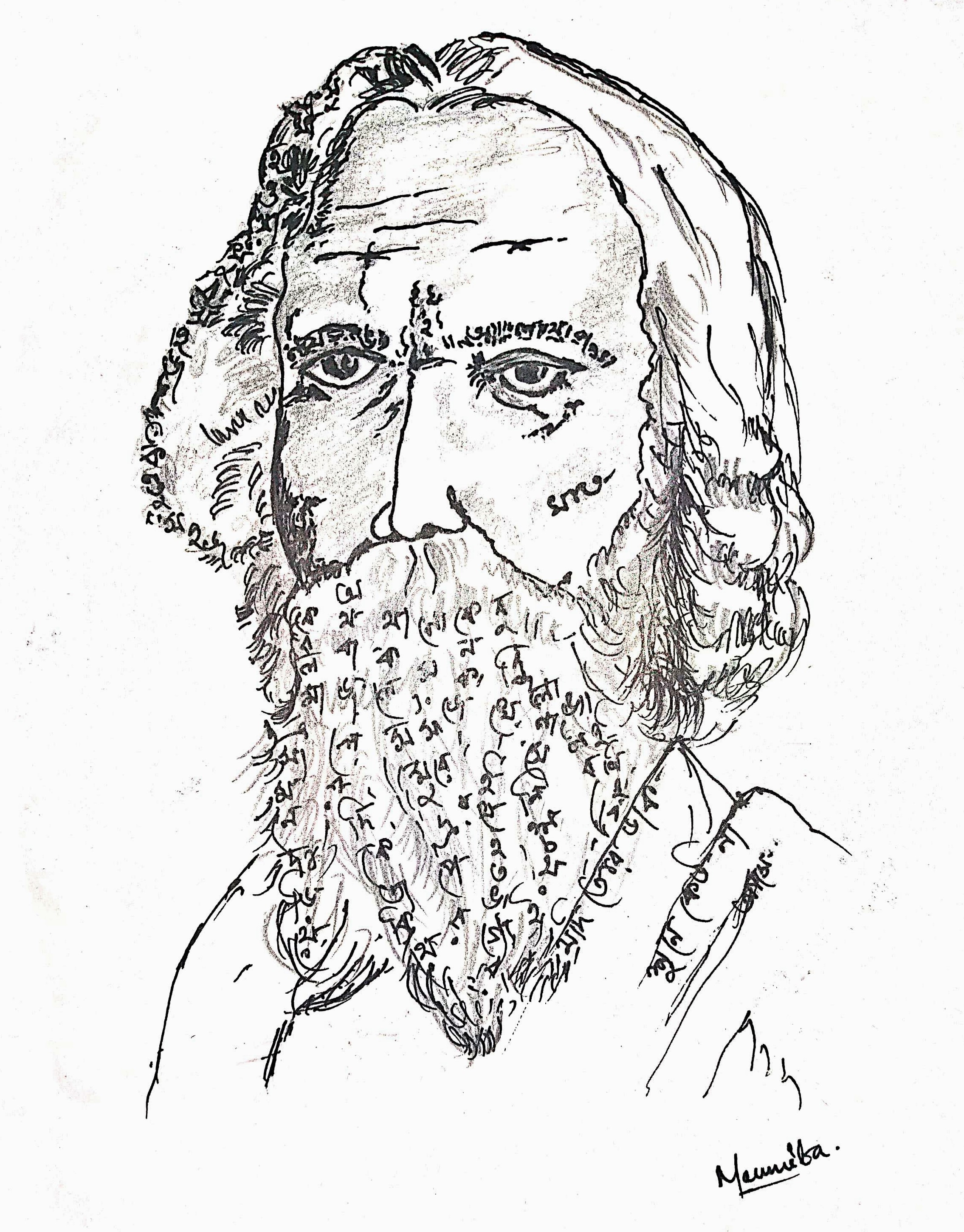On this day in 1861 Noble laureate, Rabindranath Tagore was born . With his words and letters he showed the unseen reality to the world. And his contribution to the literature, art, philosophy is way related to the scientific world.
Albert Einstein welcomed Rabindranath Tagore into his home on the outskirts of Berlin. The two gets busy in the conversation of the most fundamental questions of human existence- science, beauty and Philosophy.
The following is a small excerpt from Einstein and Tagore’s conversation.

Einstein: “Do you believe in the Divine as isolated from the world?”
Tagore: “Not isolated. The infinite personality of Man comprehends the Universe. There cannot be anything that cannot be subsumed by the human personality, and this proves that the Truth of the Universe is human Truth.”
“I have taken a scientific fact to explain this — Matter is composed of protons and electrons, with gaps between them; but matter may seem to be solid. Similarly humanity is composed of individuals, yet they have their interconnection of human relationship, which gives living unity to man’s world. The entire universe is linked up with us in a similar manner, it is a human universe. I have pursued this thought through art, literature and the religious consciousness of man.”
The just discovered facts of quantum mechanics and wave-particle duality made Tagore to explore his thoughts, creativity and its relation with his philosophy. In spite of his bad health, Tagore traveled far way and met Albert Einstein – once in 1926 and four times in 1930 to find his answer.

After interacting with Einstein and Satyendra Nath Bose, Tagore expressed,
“The pandits seem to sit down to tabulate with great effort the beginning of the stars, like the sun or the earth. But from infinity where is the question of the beginning? Extreme end and extreme beginning, this crazy dialogue ends once one realize in reality there always remain the beginning to the end of slumber, the beginning of it and the end again”.
Taking his interest in science, in the late-1937 he wrote Visva Parichay, detailing extensive naturalism that underscored his respect for scientific laws.
“Like the distant path of the galaxy of stars, clad in mystery in the midst of its watery rays, I felt my remoteness as a traveller in that unseen terrain-its destination remains unknown.”
(JANMADINE, 1st poem, Udayan, Santiniketan, Feb. 21, 1941 morning) – Tagore
Article and Illustration by Moumita Mazumdar

A microbiologist who loves to learn new stuff. Sciteum’s go-to-girl, who not only give suggestions but also fixes the things up. 6 or 60 she communicates in style with all age groups.
